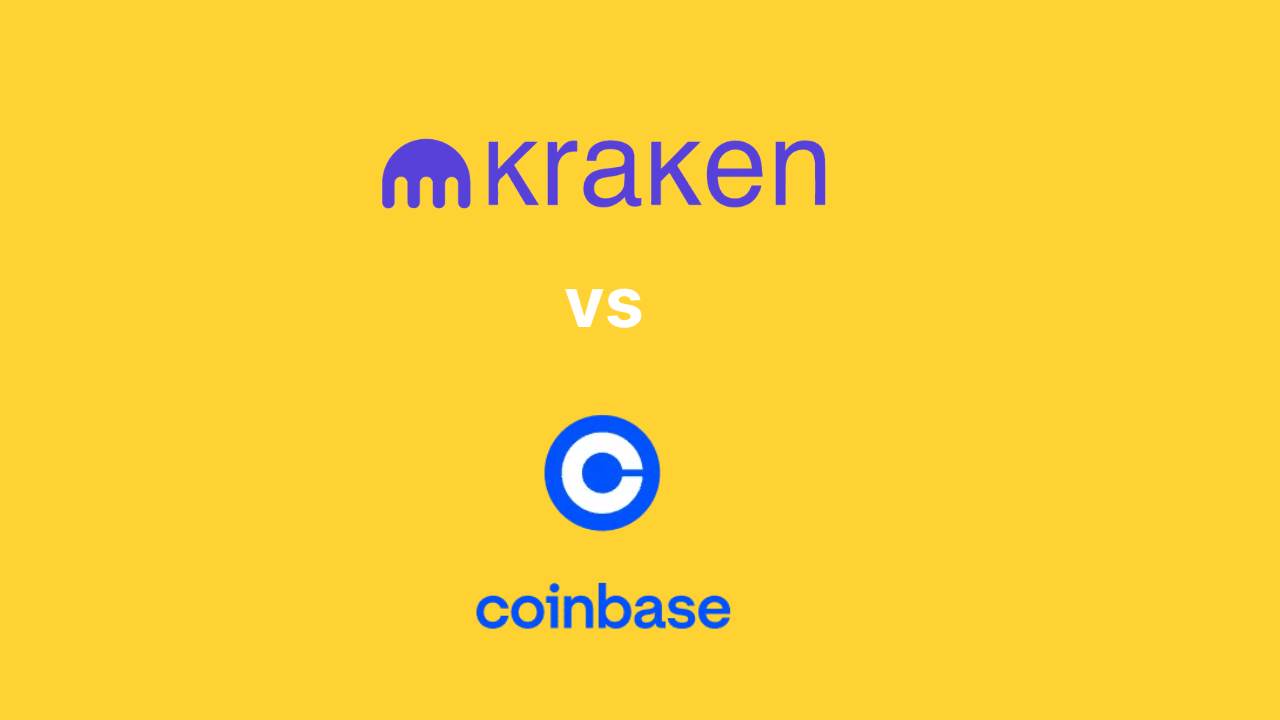Language:
Top Tax Deductions for S Corporations to Maximize Savings

Setting up your business as an S Corporation has several tax and operational benefits. S Corps have a pass-through taxation structure, which means the profits and losses are passed through to the shareholders’ individual tax returns, thereby mitigating overall tax liabilities.
However, having a detailed understanding of all the allowed deductions and limitations is critical to maximizing your savings.
While the entire information is available on the IRS website and the Taxpayer Advocate Service by the IRS is also emerging as a helpful tool, the technicalities do exist.
In order to make tax filings a breeze for you, and to help you maximize your deductions, we are sharing the detailed list of all the tax deductions for S Corporations that are allowed by the IRS.
So, let’s dive in!
How Are S Corporations Taxed?
As mentioned above, S Corps can elect to pass their losses, profits, deductions, credits, and corporate income through to their shareholders for tax purposes. The income and losses are reported by the shareholders on their tax returns. These are, in turn, assessed by the IRS at their individual income tax rates. This way the S Corps can avoid double taxation on the corporate income.
Before we move on to discuss the taxation, here is a quick walkthrough of the key requirements a business structure should meet in order to qualify as an S Corp:
- It must be a domestic corporation with only allowable shareholders
- The corporation may be certain trusts, estates, and individuals, but not corporations, partnerships, or non-resident alien shareholders
- It cannot have more than 100 shareholders
- It should have only one class of stock and should not be an ineligible corporation
As the tax rate in the S Corporation is determined by the individual tax rate of the shareholders, the range is anywhere from 10% to 37%. The exact value is based on the net taxable income of the tax filer, i.e. you.
When Are S Corps Taxes Due?
The S Corps taxes are generally due on March 15th every year. As the individual taxes, the IRS allows for an extension on S Corps tax filings as well, via the IRS Form 7004. These forms are also due on this date.
What IRS Tax Forms Do S Corps File?
There are two main tax forms – IRS Form 1120-S, which is the standard U.S. Income Tax Return form for an S Corporation, and Schedule K-1, also called Form 1065.
The IRS Form 1120-S is used to report all sorts of information related to the business income of your S Corp, such as income, profits, losses, deductions, credits, officer compensations, and more. Once you have submitted your Form 1120-S, the system automatically generates the Schedule K-1 form for each shareholder/partner.
Then, the completed Schedule K-1 form is sent to each shareholder outlining their portion of any income, losses, credits, or deductions. All the shareholders have to report income distributions as well as losses in the business, via Schedule E of Form 1040.
Further, the business owner of your S Corp has to pay themselves a W-2 salary (with taxes withheld). This is also reported as income on the owner’s IRS Form 1040.
Advantages of an S Corporation
Functioning as an S Corporation comes with a number of benefits. You can save on self-employment taxes as only the salaries that are paid to shareholders are subject to self-employment taxes. The profits can also be distributed as dividends and can be exempted from taxes, which is why many businesses also convert LLCs to S Corps.
Here is a complete list of tax advantages of an S Corporation.
Pass-Through Taxation
As outlined above, the profits and losses incurred by your S Corp pass through the tax returns of the shareholders. Hence, you can avoid double taxation at the corporate level and need not pay federal income taxes, thereby minimizing your overall tax liabilities.
Deductible Fringe Benefits
S Corp employees and shareholders can avail of the deductible fringe benefits, such as health insurance, employee benefits, retirement plans, etc. This further reduces the net taxable income of an S Corp, while facilitating a financial value-oriented ecosystem to the employees.
Protected Assets
Another excellent benefit of an S corporation is shareholder asset protection. The shareholders are not personally responsible for the debts and liabilities of an S Corp unless an express personal guarantee is there. This means that the shareholders’ personal assets (house, bank accounts, etc.) are not pursued by the creditors for business debt payment.
Capital Gains Tax Treatment
The S Corps shareholders are eligible for capital gains tax treatment when the S Corporation is sold. This is subject to certain conditions and can lead to potential tax savings as compared to regular income tax rates.
Straightforward Ownership Transfer
An S Corp allows the shareholders to transfer their interests without triggering adverse taxing amounts. The accounting and ownership transfer rules are not complicated and require no adjustments to the property basis.
Some other advantages of S Corps are the cash accounting method, certain tax deductions under State Laws, and a formalized structure.
You can read more about these, S Corporations benefits, and types of business structures for a better understanding.
Disadvantages of an S Corporation
Formation and Ongoing Expenses
As an S Corporation, you have to file the Articles of Incorporation with your desired state to form your business entity. While this comes as a one-time fee, some states also ask for an ongoing fee, such as franchise tax fees or annual report fees. This is not the case in general partnership and sole proprietorship businesses.
Tax Qualification Obligations
If you make mistakes in elections, notifications, consent, filings, and stock ownership, the government bodies can terminate the S corporation status of your business. This leads to your corporation being listed under Subchapter C.
Calendar Year for Taxation
As an S corporation, you have to file your taxes in a calendar year format. There might be some exceptions if you can justify your taxation cycle as per the fiscal year.
Single Class of Stocks
As mentioned above, an S Corporation is allowed to have only one class of stock, with both voting and non-voting shares. This means that you cannot have different classes of investors entitled to different distribution rights or dividends.
Further, an S Corp cannot have more than 100 shareholders and foreign ownership is prohibited.
Higher Probability of IRS Audits
In the S Corps, the shareholders can get paid in the form of dividends as well as salaries, which calls for closer scrutiny by the IRS for proper characterization. This can snowball into the recharacterization of funds, costing your company a deduction for compensation paid.
S Corp Tax Deductions
Health Insurance
IRS allows S Corporations to deduct health insurance premiums paid on behalf of employees and shareholders owning 2%+ of the company’s stocks. These premiums are classified as fringe benefits and are deductible as wages for tax filings. You can take these deductions by marking them as a business expense.
Also, if you are making contributions to the employee health savings accounts (HSAs) or medical savings accounts (MSAs), you can put them under the deductions. However, it is important to keep accurate records of health insurance premiums and contributions for IRS compliance and to maximize your available deductions.
Repairs and Maintenance
The cost of repairs and maintenance are deductible as ordinary and necessary business expenses and include expenses such as labor and supplies. However, these costs should not add to the value of the property or appreciate its life value.
The regulations for these repairs are detailed in the IRS 1120-S publication and must be read properly to avoid any filing errors. New buildings, permanent improvements, and machinery are not eligible for deductions. The repair and maintenance expenses must be amortized (incurred over a period of time) or capitalized and depreciated. The amounts paid for routine property maintenance are also deductible.
Business Use of Home and Utilities
As an S Corp, you can also claim for the expense of using your home and utilities for business purposes. You can claim these expenses as deductions if:
- You are using the property exclusively as your principal business location on a regular basis.
- You are using the property regularly to meet or deal with your patients/clients/customers for normal business/trade activities
- You are using a separate structure (completely unattached to your house) regularly for trade/business purposes
- You are storing inventory/product samples used in your trade/business with your house being the sole property for all trade/business activities
For more information on special rules and dedications related to the business use of homes and utilities, please refer to the official Topic 509 of IRS sources.
Business Use of Car
If your car is used exclusively for business purposes, you can deduct all costs related to its ownership and operation. However, if you are using it for both personal and business activities, can claim only the business-related expenses.
There are two ways to calculate the deductible car expenses:
- Standard Mileage Rate: This is provided by the IRS and can be found in detail in Topic Number 510 of their publications. There are certain conditions that you must meet, such as fleet operations, depreciation deductions, and special allowances. Additionally, if you opt for this method and lease a car, you should use the standard mileage rate for the entire lease period.
- Actual Expenses Method: To use this method, you have to determine the actual operation costs of the car for the business tasks. So, you have to include expenses on gas, oil, repairs, registration fees, insurance, licenses, depreciation (or lease payments), and tires, for business activities. Of course, you will need detailed invoices and receipts for proper documentation and record-keeping to ensure proper filing.
Telephone and Internet Bills
Likewise, you can claim your phone and Internet expenses as deductions. You have to maintain proper records and distinction of use for both the telephone and the internet for business/trade activities. For example, filing the internet expenses against running a website for your business.
You cannot deduct your entire monthly bill, especially if you are using it both for personal and business use. We recommend exploring the complete Business Expense Resources from the IRS for a better understanding and proper tax filing.
Work-Related Education Expenses
IRS also allows you to deduct work-related education expenses, if you are self-employed, in the military reserves, a performing artist, a government official who’s paid fees, or if you’re disabled and have education expenses related to your impairment. The education costs can be deducted if you need them to maintain or improve your skills.
Check the complete details for deductible expenses on the official Topic no. 513 of the IRS for a better understanding.
Software and Equipment
The expenses for computers, office furniture, printers, etc., are also eligible for S Corporation tax deductions. You need to ensure that the software is required for running and maintaining your business.
While the new de minimis equipment rules (2018) allow for direct expensing of any software/equipment under $2500 in the year of purchase, we recommend checking the official IRS sources or consulting a tax consultant for a comprehensive understanding.
Travel, Meals, and Entertainment
An S Corporation can also claim deductions for ordinary and necessary travel and meal expenses that it incurred owing to trade/business activities. Common examples include membership dues, entertainment expenses, facilities used, and more.
The expenses of any individual accompanying a corporate officer/employee, such as a spouse or dependent are not deductible.
IRS has special rules for deductions for gifts, conventions, luxury water travel, etc., all of which are available in the IRS Publication 463. We recommend checking this for accurate filing.
Professional Services/Contractors/Consultants
S Corporations are allowed to claim deductions for payments made to professional/consultant services they use for business purposes. The deductions can be claimed after attaching proper documentation proof of the use of these services, such as receipts, invoices, etc., detailing the expenses and nature of services.
As S Corps is subject to higher IRS scrutiny, we recommend that you keep impeccable records and documentation to substantiate the nature and character of your expenses and avoid audits.
Business Start-up Costs
S Corporations can claim for business starting/formation costs in an amortized manner (over a duration of time). The first $5,000 expenses can be, however, claimed in the first year of active business operation.
Startup costs that are eligible for deduction under this category include market research, travel for business/trade setup, legal fees, and accountant/advertising fees. If your total startup costs exceed $50,000, the deduction amount goes down. You can check Publication 535 for more detailed information.
Taking the Tax Stress Off With doola
Planning tax filings and deductions as a new business owner can be daunting. The loads of technicalities and formalities can soak up your time and patience, making it impossible for you to focus on your business activities.
This is where doola steps into the picture!
With a comprehensive Total Compliance package and a brilliant selection of tax experts to guide you step-by-step, we ensure that you stay compliant, maximize your deductions, and put your focus on what matters most.
doola’s unique business-in-a-box offerings go beyond standard tax consultation and enable business owners like you to run your business without formation, management, or tax filing concerns from any place across the globe.
Want to catch our product in action? Grab a free consultation with us and take the first step toward smart financial management.
FAQs
How does the taxation of S corporations differ from other business structures?
S Corporations (S Corps) work as pass-through entities, where up to 100 shareholders report the company’s profits and losses on their individual tax returns. The detailed taxation rules and deductions are available on the official IRS website.
What are the key advantages of choosing to operate as an S corporation for tax purposes?
S Corporations don’t incur double taxation as the C Corps and come with a flexible pass-through taxation model. You can have deductible fringe benefits, protect your assets, file for self-employed deductions, and enjoy an easier ownership or stock transfer.
What are some potential downsides or disadvantages of opting for S corporation status?
Limitations on types of shareholders, additional IRS scrutiny to avoid income recharacterization, and higher administrative costs are some of the potential downsides of working as an S Corporation. However, working with a tax consultant service provider like doola can help you navigate these challenges and unlock ease of operation.
Keep reading
Start your dream business and keep it 100% compliant
Turn your dream idea into your dream business.


















